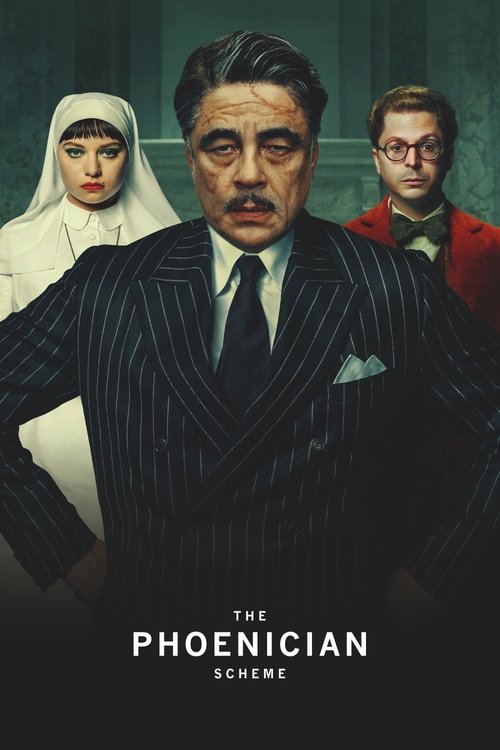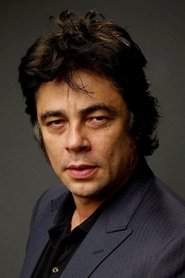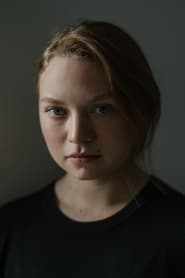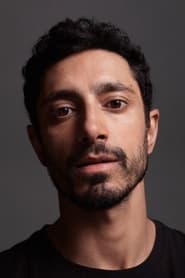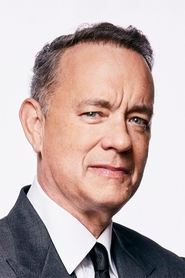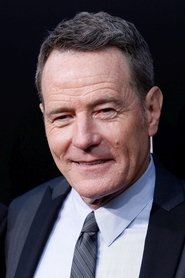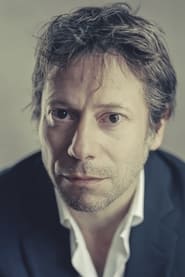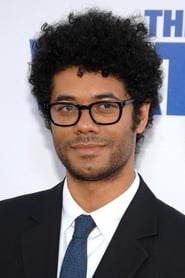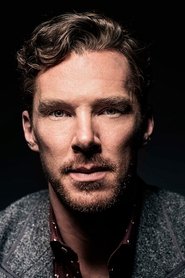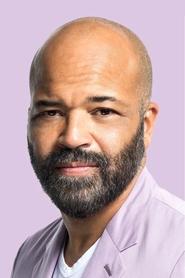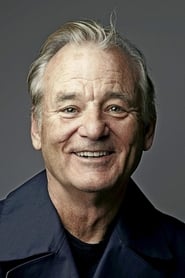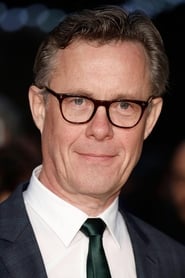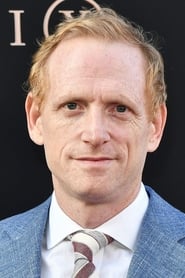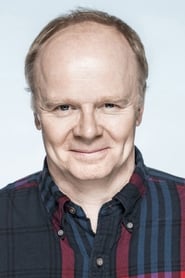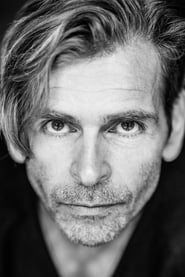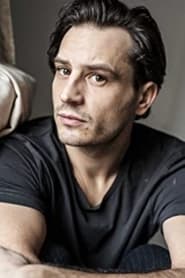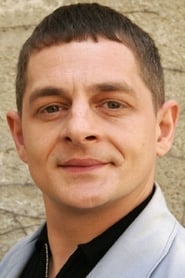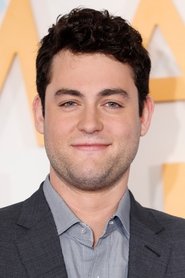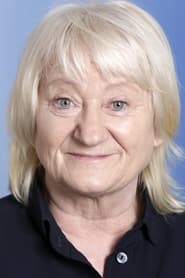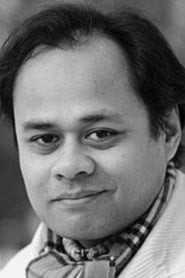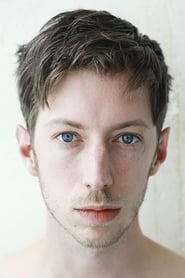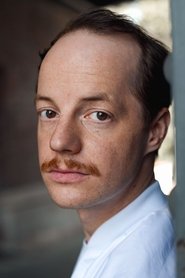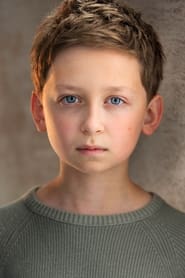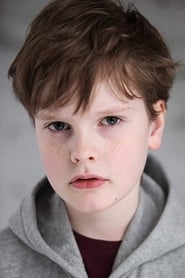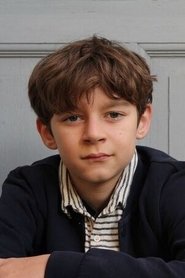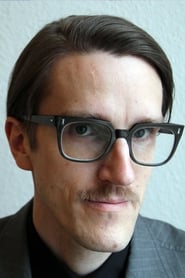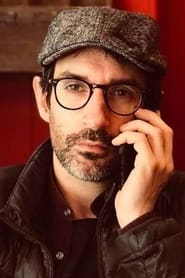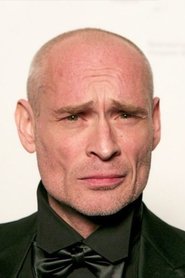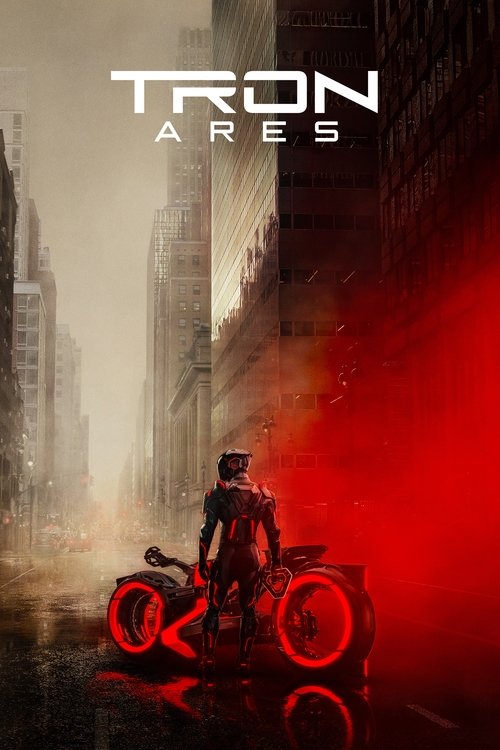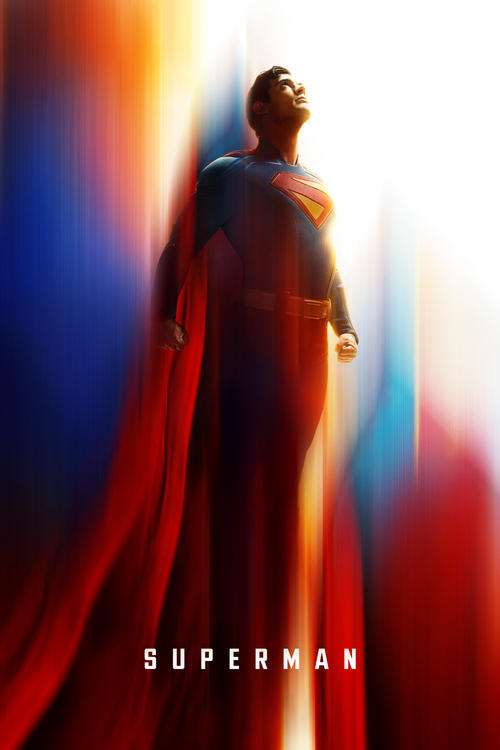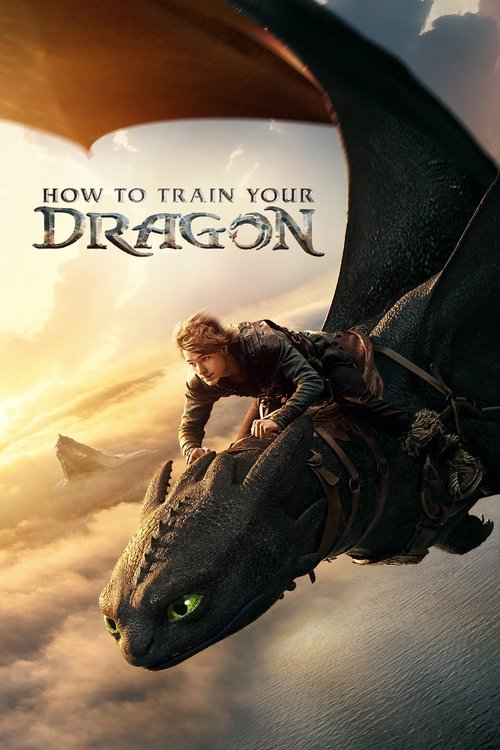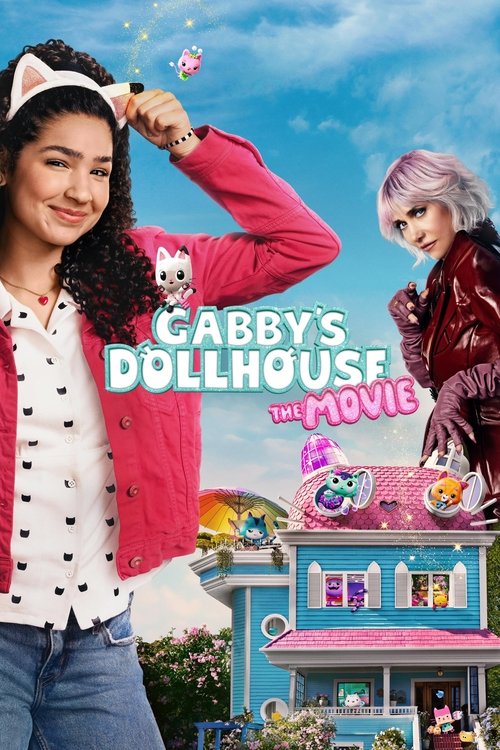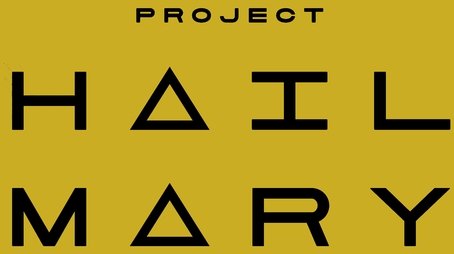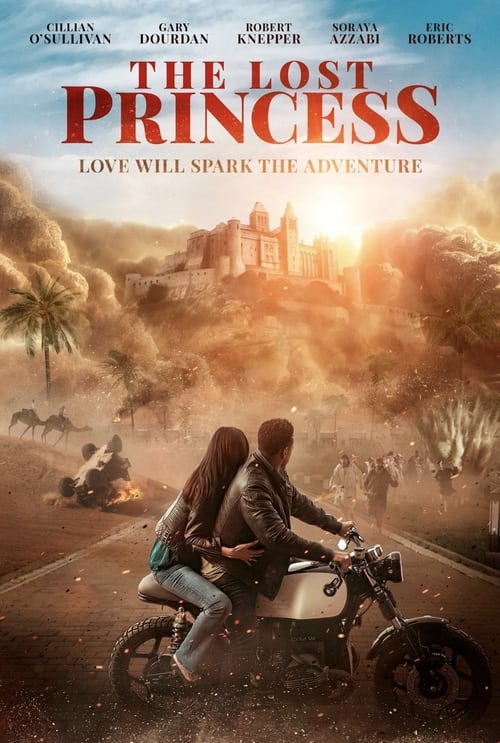
Ask Your Own Question
What is the plot?
In 1950, Anatole "Zsa‑Zsa" Korda, an arms dealer and industrial magnate notorious across continents, sits aboard his private airplane above the High Balkan Flatlands while a small entourage attends him. A concealed explosive detonates and kills his assistant instantly, tearing a jagged hole through the fuselage. Turbulence and decompression send the craft plummeting. Zsa‑Zsa argues violently with the pilot, ejects him from the cockpit, and wrests control long enough to bring the crippled plane down into a nearby cornfield. Reporters and a news crew later gather at the crash site; Zsa‑Zsa, initially thought to be dead, regains consciousness on camera. While he lapses briefly into unconsciousness, he slips into a series of hallucinatory afterlife visions during which an aloof tribunal appears to put him on trial.
When he returns to the waking world, Zsa‑Zsa learns that a shadowy consortium led by a man known as Excalibur is cataloging his misdeeds. Governments label him "Mr. Five Percent" for the kickbacks, price‑fixing, tax fraud and bribes that lubricate his international deals. Multiple assassination attempts have already scarred his enterprises and his bodyguard roster; intelligence services and rival states quietly conspire to dismantle his operations. Facing these pressures, Zsa‑Zsa resolves to patch family relations and shore up his financial scheme.
He goes home and finds his estranged daughter, Sister Liesl, who has lived as a novice in a convent since the age of five. He asks her to leave the Church and to help him run his business. Liesl, who bears rumors that Zsa‑Zsa murdered her mother, meets his request with suspicion; Zsa‑Zsa insists he did not kill the woman. Zsa‑Zsa reveals plans he calls "The Phoenician Scheme," an infrastructure project in the Phoenicia region designed to appropriate competing enterprises and rebuild using coerced labor. He stores incriminating evidence and transaction details in a set of small shoeboxes that he keeps like a ledger of sins. He also introduces Bjørn, a soft‑spoken Norwegian entomologist whom Zsa‑Zsa employs as a tutor and administrative assistant; to satisfy Zsa‑Zsa's paranoia, Bjørn endures a polygraph and passes. Liesl agrees, reluctantly, to join her father in an attempt to close a financing gap that threatens to collapse the scheme.
Excalibur's consortium moves against Zsa‑Zsa by manipulating markets. Traders acting for Excalibur drive up the cost of construction materials -- notably bashable rivets -- and as prices spike, Zsa‑Zsa accelerates his timetable.
Zsa‑Zsa, Liesl and Bjørn travel first to a remote train tunnel where gunmen ambush them to prevent the meeting with other investors. Prince Farouk arrives with a bodyguard and disperses the attack, escorting them to a rendezvous with two Californian financiers, the brothers Leland and Reagan. The brothers discover that contract terms have been altered so their required contribution is larger; tempers flare. To settle the dispute with a performative flourish, Zsa‑Zsa challenges them to a game of H‑O‑R‑S‑E on a makeshift court beside the tunnel. Farouk fumbles at first but sinks a decisive shot and the financiers, placated, agree to the revised terms. During this leg of the trip, Liesl tastes beer alongside Bjørn for the first time; Bjørn's guarded affection for her grows more obvious.
On the next leg, flight becomes the setting for another vision of the afterlife; Zsa‑Zsa encounters the ghostly figures of his three former wives in one reverie, and in another liminal scene he meets Liesl's deceased mother, who tells him he is not the girl's biological father. On landing, the trio visit Marseille Bob at his nightclub. Bob reacts with fury when Zsa‑Zsa attempts to strong‑arm him into covering part of the shortfall. A guerilla band led by Sergio storms the club during the quarrel, firing wildly into the ceiling. When Bob steps forward to rebuke the attackers, a bullet intended for him strikes Zsa‑Zsa instead. Money folded into Zsa‑Zsa's jacket slows the projectile; Bob digs the slug from Zsa‑Zsa's torso and, grateful for the unexpected rescue, agrees to make up the difference.
Zsa‑Zsa's next stop is a private meeting with Marty, who runs another slice of the consortium. Marty performs a blood transfusion to treat Zsa‑Zsa's wound. In that exchange Zsa‑Zsa admits a past transgression: he confesses that, to punish Liesl's mother for infidelity, he fabricated a rumor that the woman had sex with his half‑brother Nubar's assistant; enraged, Nubar had the two women killed. Zsa‑Zsa reveals that he continued business ties with Nubar despite that knowledge. Liesl, stunned and grief‑struck, slaps Zsa‑Zsa. She decides to remain in the venture only so she can expose Nubar and bring him to justice. When Marty balks at Zsa‑Zsa's rewritten deal, Zsa‑Zsa presses a grenade into Marty's hands, pulls the pin and laughs until Marty relents and signs.
Seeking capital without asking Nubar for aid, Zsa‑Zsa tracks down his second cousin Hilda, heiress to family fortunes, and begs her to marry him so her stake will merge with his holdings. Hilda resists, then consents to marry but refuses to increase her investment in the Phoenician venture.
While airborne again, the plane's pilot becomes incapacitated by poison and hostile fighters close in with orders to shoot the damaged aircraft down. The craft crashes in a forest; amid the wreckage, spying evidence surfaces: Bjørn is revealed to be Agent Carson, an American intelligence operative working for Excalibur's consortium. He has infiltrated Zsa‑Zsa's inner circle. Carson's orders are to monitor and subvert Zsa‑Zsa's plans, but he tells Zsa‑Zsa and Liesl that his feelings have shifted -- he has fallen for Liesl and wants to defect. The revelation provokes violence: Zsa‑Zsa attacks Bjørn, who floors him, then Zsa‑Zsa slips into quicksand. Bjørn dives in to rescue him after Liesl kisses Bjørn; the rescue binds Bjørn and the family together. As night falls, they camp and share childhood confessions: all three describe neglect and cold family houses, and Zsa‑Zsa explains that he traded love for money. They are interrupted when Sergio's guerillas find them and carry them away on a plane back to safety.
Back in civilization, Liesl returns to the convent to speak with the Mother Superior, who suggests the life of the cloth may not suit Liesl's temperament and formally dismisses her from the order. At a formal dinner, Zsa‑Zsa describes his Terracotta‑scale presentation at the Desert Oasis Palace hotel where he will reveal the Phoenician Scheme to the assembled investors. He announces he will accelerate the plan and marry Hilda to consolidate capital.
The consortium assembles at the Desert Oasis Palace. In the hotel elevator, an assassin confronts the group; Zsa‑Zsa identifies the killer, but before they can take him into custody the man swallows a cyanide capsule and dies quickly. Zsa‑Zsa, Liesl and Bjørn proceed to Nubar's study for a private meeting. Nubar denies paternity of Liesl and claims moral distance, but he confirms the affair between Liesl's mother and his brother. For his part, Nubar declares he will withdraw his investment. In the exchange that follows, Nubar discloses that he ordered multiple attempts on Zsa‑Zsa's life. A physical brawl erupts between the two men. During the struggle, Nubar reaches to strike Zsa‑Zsa with a small container of poison intended to deliver a quiet death, but the capsule instead strikes Nubar himself when he fumbles. Later, in front of the assembled investors, Nubar climbs onto a scale model of the Korda dam holding a grenade in his hands; whether the explosion is the result of his poisoned state or a deliberate act of despair, he detonates the grenade and blows himself up, killing himself and destroying the model. The blast kills Nubar; the assembled crowd recoils in shock.
After that catastrophe, Zsa‑Zsa makes an abrupt moral decision. He announces that he will close the financing gap himself and will pay his laborers fairly rather than use coerced labor -- actions that will consume his fortune. He tells Liesl that he is through running from assassins and that he wants to give the rest of his life a purpose. Zsa‑Zsa converts to Catholicism, signs away his wealth into completing the Phoenician projects with paid workers, and accepts the financial ruin that follows. The practical effect is immediate: The Phoenician Scheme can proceed with ethical labor, but Zsa‑Zsa becomes bankrupt.
Liesl, who has watched her father shift from self‑interest toward repentance, decides to accept him as the man who raised her; she's moved by his willingness to change and to save the workers. Zsa‑Zsa shuts down the shoebox ledger, relinquishes the leverage he once used to manipulate partners, and his name loses weight in the corridors of finance. Hilda annuls the brief marriage; she returns Zsa‑Zsa's wedding ring and converts the marriage into a short legal arrangement that leaves both free.
Bjorn, whose cover as Agent Carson is now known, resigns from intelligence. He takes a local teaching position educating children about insects, the subject he loves and once tutored Zsa‑Zsa's sons on. He uses Hilda's returned ring to fashion a proposal for Liesl. He kneels and asks her to marry him; she accepts.
Zsa‑Zsa and Liesl open a modest restaurant together. They serve simple food in a small dining room; Zsa‑Zsa waits tables and, once the day's work is done, he sits at a corner table and plays cards with Liesl. She writes a final letter to the Mother Superior recounting the fates of the principals: the investors' schemes, the deaths and the unexpected conversions and departures. Her nine brothers receive the attention Zsa‑Zsa had long withheld, and the family finds an ordinary rhythm. In the last images, Zsa‑Zsa and Liesl settle into a late‑afternoon game of cards beneath the restaurant's low ceiling, their hands moving slowly as the light from the streetlamp shifts, and the film ends on that domestic scene.
More Movies Like This
Browse All Movies →What is the ending?
The ending of The Phoenician Scheme shows Anatole "Zsa-Zsa" Korda and his daughter Liesl bonding deeply after a series of trials. Despite failing to secure external investment, Korda self-funds the infrastructure project, bankrupting himself but ensuring workers receive fair wages. The family moves to a smaller home where Liesl embraces a secular life and an engagement. They achieve a quiet happiness in their simpler, restored family life.
Expanded narrative of the ending scene by scene:
After repeatedly surviving assassination attempts and financial betrayal, Korda and Liesl--now partners--return to his mansion only to face the harsh reality that they must sell it to fund the Phoenician infrastructure scheme. The plan fails to gain backing from the powerful investors, but Korda chooses to finance it himself, a decision that drains his fortune. This act fulfills Liesl's demand that workers be paid fairly, contrasting with the originally exploitative scheme.
They relocate to a modest, smaller residence along with Korda's many young sons. Liesl, now committed to leaving the convent, adopts a nurturing role as an older sister figure to the boys. They are tutored by Carlson. Meanwhile, Korda leverages his culinary skills to run a modest bistro where Liesl works as a waitress.
In a quietly intimate moment of the film, Carlson presents Liesl with an engagement ring that had once been returned by the enigmatic Cousin Hilda. Liesl accepts the proposal, symbolizing new beginnings.
As the day ends, Korda and Liesl close the bistro and retreat to a humble back room to play cards and share the day's experiences, finding contentment not in wealth or power but in the simple joy of companionship and family. This final scene highlights the transformation of their relationship--from estranged and distrusting to cooperative and loving--underscoring the film's themes of reconciliation, integrity, and the value of modest happiness over grandiose schemes.
Who dies?
In the 2025 film The Phoenician Scheme, several characters face life-threatening situations, including multiple assassination attempts, but no main characters are explicitly confirmed to die on-screen or as part of the plot. Anatole "Zsa-Zsa" Korda, the arms dealer protagonist, narrowly survives an assassination attempt early in the film and several plane crashes later, often appearing bruised and bloody but ultimately surviving each incident.
There are violent encounters such as a cartoonish brawl culminating in an explosion and references to shootings, but specific deaths are not clearly detailed in the available information. The main antagonist and Korda's half-brother Nublar attempts to assassinate him, but Korda survives this as well.
Korda admits to employing violent men and admits some responsibility in the death of the mother of his daughter Liesl, although he denies personally killing anyone himself. Liesl herself does not die, and she survives through the story, developing a complicated relationship with her father.
Thus, while violence and death are referenced, no principal characters are confirmed dead during the events of the film according to the known plot summaries and reviews. The various assassination attempts on Korda and others end unsuccessfully, making survival a recurring theme for the central characters.
Is there a post-credit scene?
The movie The Phoenician Scheme (2025) does not have a post-credits scene. Audiences can leave the theater immediately after the movie ends without concern about missing any additional footage or teasers for future installments.
What is the nature of the relationship between Anatole 'Zsa-Zsa' Korda and his daughter Liesl in The Phoenician Scheme?
Anatole 'Zsa-Zsa' Korda and his daughter Liesl have a strained and complex relationship. Korda sent Liesl away to a convent at age five, and there are rumors he murdered Liesl's mother, which he denies. Liesl is a Catholic novice who initially refuses but then agrees on a trial basis to take over Korda's business. Their relationship is testy, marked by distrust and differing moral compasses, but they eventually bond through the course of the story.
What is the 'Phoenician Scheme' and what does it involve?
The 'Phoenician Scheme' is a convoluted and risky business plan devised by Korda to industrialize the Phoenician region. It involves a complex web of business dealings, including infrastructure projects like canals, rail tunnels, and power plants, with the goal of expanding Korda's wealth. The scheme controversially includes the use of slave labor and aims for a five percent return over 150 years. Korda needs to secure investment from various powerful and unscrupulous investors to fund the plan.
Who are the main antagonists or opposing forces to Korda's plan in the story?
Korda faces opposition from multiple fronts: governments worldwide that want to stop his unethical business practices; a secret council of bureaucrats conspiring to drive him out of business by manipulating the price of building materials; and his own powerful enemies including banks, industry titans, and national governments. Additionally, a government agent named Excalibur conspires to bankrupt Korda by driving up the cost of materials. Korda also contends with betrayal and assassination attempts, including from his half-brother Nublar.
What role do Liesl and Bjørn play in Korda's business and personal affairs?
Liesl, Korda's estranged daughter and a Catholic novice, is summoned by Korda to take over his business on a trial basis despite her initial reluctance. Bjørn, a Norwegian entomologist, serves as Korda's administrative assistant. Both accompany Korda as he attempts to secure investment and navigate the dangerous and complex business dealings of the Phoenician Scheme. Their involvement is central to the unfolding of the plot and the development of Korda's character.
What are some notable dramatic or action events depicted in the story?
The story features several dramatic and action-packed scenes including an assassination attempt on Korda, revolutionaries robbing a swanky club and firing guns wildly, a plane passenger discovering a bomb, a threat with a grenade, a person falling into quicksand, a pilot's drink being poisoned, a woman slapping a man, two men engaging in a brief fight, an assassin taking a suicide pill, and a child firing crossbow bolts at his father. These events contribute to the tense and suspenseful atmosphere of the film.
Is this family friendly?
The movie The Phoenician Scheme (2025) is rated PG-13 and is designed mainly for mature audiences, so it is not fully family friendly, especially for young children or very sensitive viewers.
Potentially objectionable or upsetting content includes:
- Scenes involving violence, such as a hotel being shot up by revolutionaries, with characters talking matter-of-factly about robbery and gunfire.
- Themes of crime, terrorism, and assassination attempts as part of the story about wealthy business and scheming tycoons.
- Emotional tension and occasional anger, especially involving conflicts between father and daughter, plus some morally complex and mature thematic elements.
- Some religious content with positive Christian references (a nun-in-training daughter, a Mother Superior figure), but also questioning material related to faith and materialism.
The movie mixes quirky deadpan comedy and dark dramatic moments that include shooting and criminal schemes, so sensitive children might find some scenes disturbing or confusing. The tone is often dry and ironic rather than lighthearted, with complex emotional undercurrents and existential themes related to legacy and family bonds.
In summary, The Phoenician Scheme is better suited for teenagers and adults comfortable with moderate violence, mature themes, and thought-provoking content, and is not recommended for young children or very sensitive viewers.

